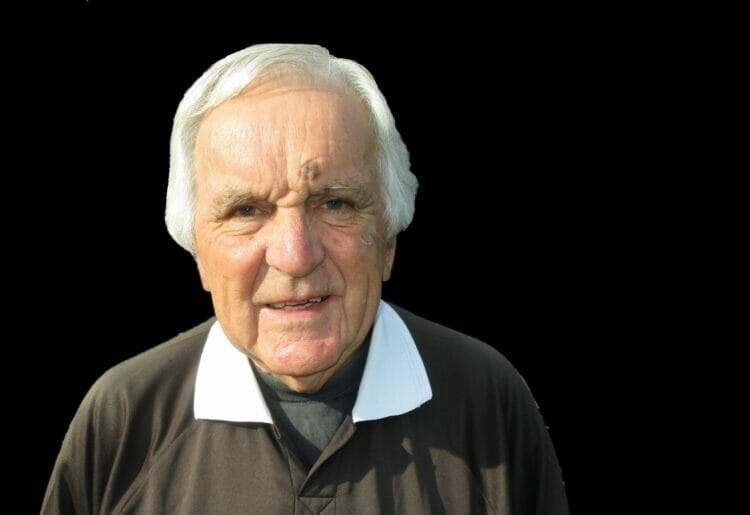There have been many comments that World Cup matches had very lengthy added times, sometimes over 10 minutes in a half. This stems from concern at FIFA over actual playing time, which they studied at the finals played in Russia, in 2018.
Let’s first look at what the Laws of the Game say about timing, as well as its dictate that the game lasts for two equal halves of 45 minutes and that players are entitled to an interval not exceeding 15 minutes.
Let’s concentrate on what lost times have to be added on. These are listed, as substitutions, assessment and/or removal of injured players, wasting time, disciplinary sanctions, permitted drinks and cooling breaks, delays by VAR checks and reviews, any other causes, such as goal celebrations.
A pretty long list and the feeling at FIFA, is that some have been skipped. Independent timings showed cases, where nothing like the 90 minutes of football had been played. So who is responsible for timekeeping?
The Laws clearly state that the referee acts a timekeeper and keeps a record of the game. To do this a referee is required by the Laws to have a watch or watches. One needs to be a stop watch. At the lower levels of the game, the local parks for instance, that responsibility lays completely on the referee’s shoulders. At higher levels there may be some assistance.
Where there are fourth officials, they can be given the task of keeping a tally of time taken for goal celebrations, which have become extravagant. As Pierluigi Collina, FIFA’s head of refereeing, pointed out, these often last for a minute and a half. So including the restarts, three goals in a half can mean six minutes lost time.
Fourth officials may also time injuries, as well as time wasting. Where there are VARs, they are required to record the time taken for checks.
Even at games where there are no VARs or fourth officials but have neutral qualified assistant referees who are ‘miked up’ to the referee, some of these duties may be passed to the ‘non-bench side’ assistant referee, who is less likely to be harassed by the club coaches.
All this lost time has to be communicated before the end of the half, to the referee, who still remains the final arbiter of time to be added.
Will the Premier League follow the FIFA’s strict measures for time keeping? It seems unlikely at present.
























